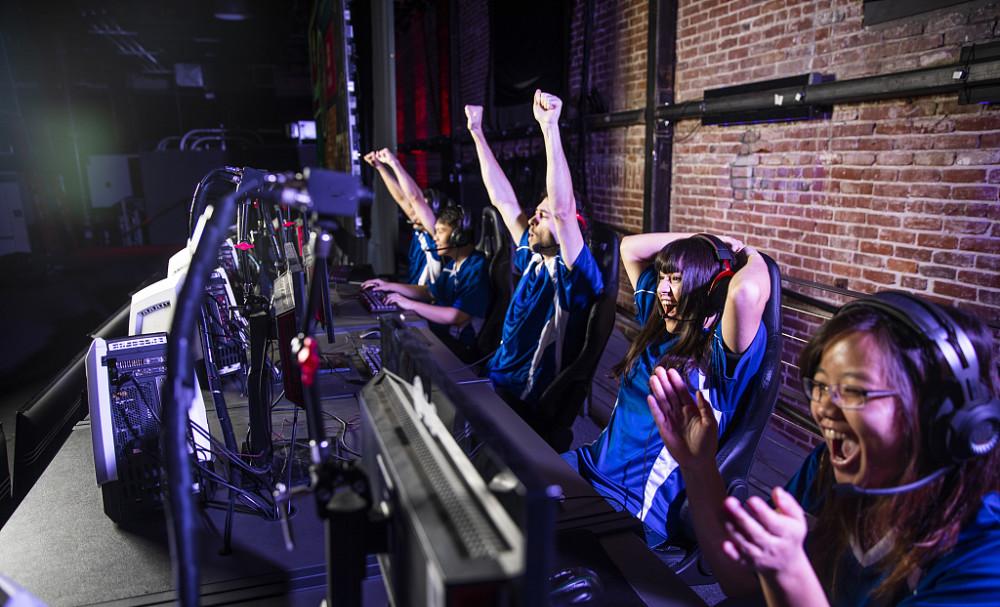It is not often asked: Since the relevant departments formulated policies in 2021 to limit the length of time minors play games, it has been a period of time, has the children's learning efficiency really improved?
Questions like this are very straightforward, and at first glance it seems that the average person has the meaning of "asking the teacher" about whether the measures of minors to be restricted from playing are simple and rude. Meaning: Limit the length of time minors play games, will the children's learning efficiency be improved?

From time to time, there are media reports: some children impersonate the identity information of adults, or "reach an agreement with adults who love children to verify identity information" and so on continue to "travel" in the game world, whether learning efficiency can be improved is self-evident; there are some minors, who seem to be less obsessed with playing games, but they have not seen other meaningful things, let alone completely shifted their minds to the academics expected by parents. Academic performance is still "still sound"...
Personally, I think that questions like this, such an analysis, are not comprehensive enough, and it is easy to guide the audience into a narrow field to drill the "horn tip"!
Doing anything can't be limited to "immediacy" problem solving. It's like saying that you can't "cure your head with a headache and heal your feet with a sore foot."
It is undeniable that a considerable number of parents or their guardians of minors feel deeply disgusted by minors' addiction to games, and strongly reflect problems through various channels, hoping that relevant departments will intervene and formulate relevant policies restricting minors from playing games, so that children can "stay away from the sea of suffering" and return to normal life and learning.
I need to state that since I first saw the computer in 1987 and saw that there were video games on the computer that were already fashionable at that time, I have never aroused any interest in playing games for nearly 35 years, to be precise, as an occasional bystander, and personally have never participated. In addition, I have not engaged in any game-related profession in decades. Therefore, the personal view of the game will not be mixed with any interests in it.
Straight to the point: I myself am against minors being too addicted to playing games, as for the various unfavorable factors of children's addiction to playing games, I believe that most parents or guardians can list a bunch of well-known drawbacks, which will not be repeated here.
What I am more concerned about is: when the length of time minors are restricted from using games, whether the relevant departments or families concerned have corresponding appropriate measures to create some more positive things or activities that can make minors feel: Doing these meaningful things is as refreshing as the pleasure of playing games?
This involves a soul-calling question: Why are minors so obsessed with playing games, but not interested, dismissive, or even scornful about the meaningful things adults often want children to do?
I think that adults should not only look at the appearance, but should consider the problem from a deep level, find out the real reasons from behind the obsession of minors with video games, and find out the crux of the problem, so that it is possible to analyze countermeasures in order to "prescribe the right medicine".
In addition to contacting some cases, I have also briefly expressed some views in the graphics or videos I have published before, such as: children are obsessed with games, parents should consider: these minors have a sense of loneliness and emptiness in their hearts, and these problems cannot all be blamed on "society", complaining that minors are like this, "infecting" each other, and so on.
It is still an old saying, to guide some bad behavior habits of children, parents should start from changing themselves, the sooner the better!
At the same time, create a good family atmosphere, create meaningful things that are suitable for children and can be accepted by children, so that children can feel from the depths of their hearts, games are not the only things that can be trusted and pinned on in the process of TA's growth, there are many more interesting things to explore and practice.
Otherwise, do not one-sidedly understand that by limiting the length of time the child plays the game, or even simply and rudely letting the child interrupt the game, you can let the child immediately "change from evil to righteousness" and the academic performance is booming.